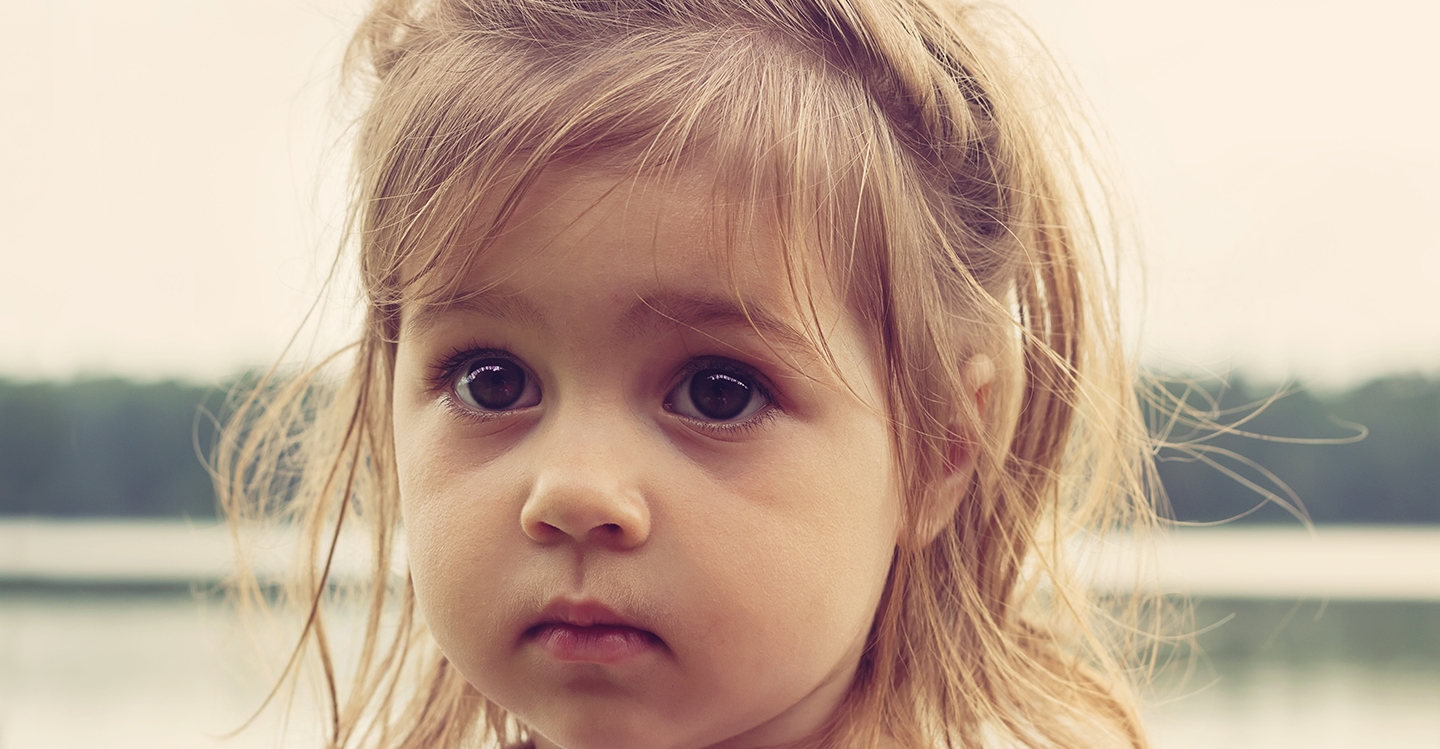Toddlers experience stress too
Toddlers and young children can be affected by stressful events and periods in their lives in the same way that adults can. If a toddler experiences or witnesses a traumatic accident, an injury, a natural disaster, abuse, violence or a death, they can develop traumatic stress.
How toddlers react
Every toddler or child responds to trauma in a different way. Their reactions will vary depending on how old they are, how secure they feel at home and any history of such events.
Some of the signs that your toddler or child is experiencing traumatic stress include:
- bedwetting and persistent nightmares
- irritability and ongoing disobedience
- separation anxiety and clinginess
- being afraid of things they wouldn’t normally be afraid of
- being distracted and unable to concentrate
- a preoccupation with the trauma event
- complaints of physical or chronic pains, like tummy aches or headaches
- the regression of learned skills, like going to the toilet, eating or listening to instructions.
What you can do
It’s important to address the event rather than gloss over it or encourage your child to “forget about it”. However, be careful not to force your toddler or child to talk about it – they might not be able to accurately communicate their feelings.
You can support your toddler or child to process the trauma by:
- letting them know that they’re safe and that you won’t let anything happen again
- providing opportunities for them to talk if they want to
- explaining that you understand why they have the feelings they have
- accepting their fears as real – even if you know your toddler is safe
- removing or avoiding anything that is related to the trauma event
- accepting and allowing for some of the above-mentioned changes in behaviour.
Post-traumatic stress disorder (PTSD)
- PTSD can follow a particularly traumatic event, especially one in which your toddler or child was in danger. PTSD can manifest itself through flashbacks; ongoing disrupted sleep; excessive fear of things that relate in some way to the trauma event; and an appearance of being jumpy or on edge.
- PTSD can persist for months and sometime years. Anyone suffering PTSD is likely to need therapy to process and move beyond the traumatic event.
Seeking further help
- If you’re feeling overwhelmed with the stress of helping your toddler or child to process trauma, you can always seek support from friends or family members.
- If you and other members of your family have been affected by the event it’s important that you seek support. If there are multiple conflicting needs within your family, providing support and looking after yourself can become too much – you should seek help.
- If your toddler’s or child’s symptoms aren’t going away, you should seek professional advice. A GP is always a good place to start, and they can point you in the direction of child therapists or psychologists.
- Child health nurses, community centres and your state’s mental health or nurse helplines will also be able to provide support and advice.



